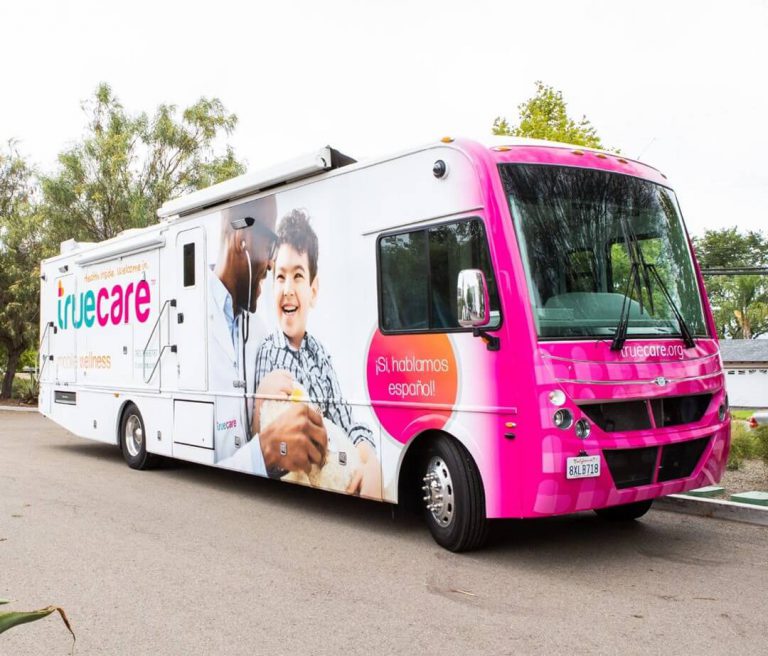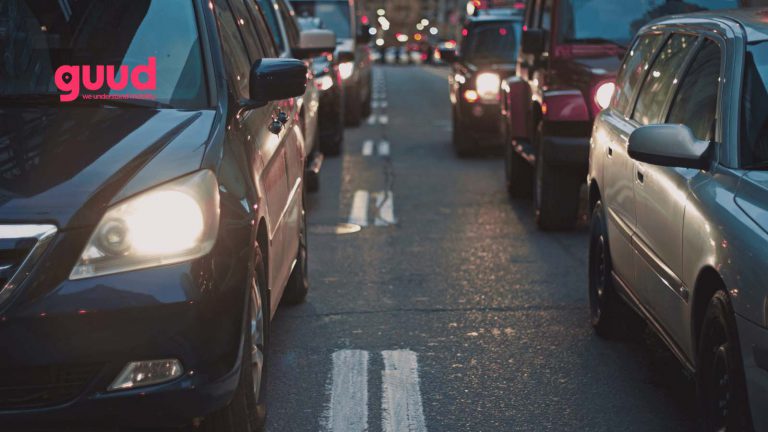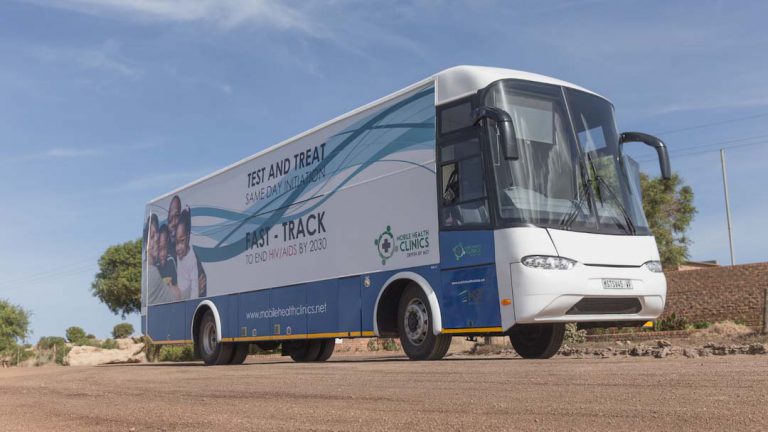Increasing the impact of mobile healthcare though telemedicine
Combining telemedicine with mobile healthcare has the potential to improve the quality of healthcare and make it more efficient.

Combining telemedicine with mobile healthcare has the potential to improve the quality of healthcare and make it more efficient.

The mobile driver’s license solution will increase licensed vehicles and safety on South African roads.

Mobility has had an enormous impact on the healthcare sector locally and internationally and continues to grow.